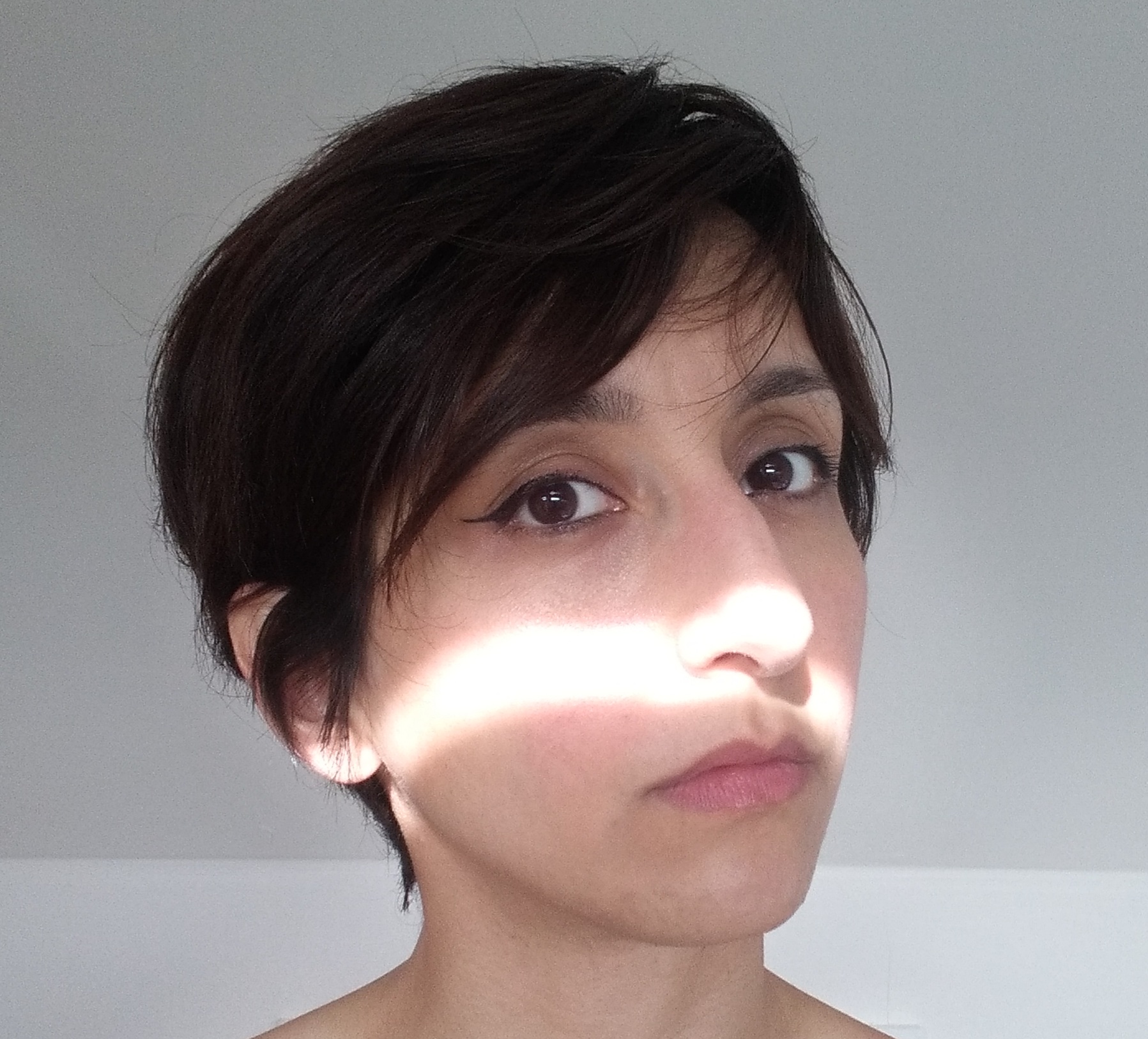Dr. Sara Honarmand Ebrahimi
— Humboldt Research Fellow
Goethe-Universität Frankfurt am Main, Kunstgeschichtliches Institut
Sara Honarmand Ebrahimi is an interdisciplinary architectural historian. Before joining Goethe University Frankfurt am Main as a Humboldt Research Fellow, she was a Postdoctoral Research Fellow at the School of Architecture, Planning and Environmental Policy, University College Dublin (2021-22), and a Paul Mellon Centre for Studies in British Art Postdoctoral Fellow at the School of Architecture and Landscape Architecture, the University of Edinburgh (2019-20). She studied for her PhD in University College Dublin, where she was an Irish Research Council (IRC) doctoral scholar. Her research interests address the multifaceted origins of ideas and practices in the history of international health and architecture and consider the history of emotions as a way of doing architectural history.
Her project, “Non-colonial Internationalists and Hospital Provision(s) in the Global South“, arises from the understanding that international arrangements in the area of health and hospital provision have not been fixed indefinitely in their post-1940s shape or rationale. It will contribute an international history of hospital provision from the perspective of Iran and the Ismaili Muslim community. Through an innovative interdisciplinary method, and using a range of neglected sources, it will uncover the story of previously neglected stakeholders and actors as well as hitherto hidden perspectives. In so doing, it will address one of our main pressing issues in healthcare today – that is, design and the ways in which we could place the agency and experience of the non-Western world at the core of international decision making. It will offer new ways of considering inclusivity in healthcare provision at an international level, addressing such social and health issues as accessibility for all, and thus new gateways to alternative futures.
